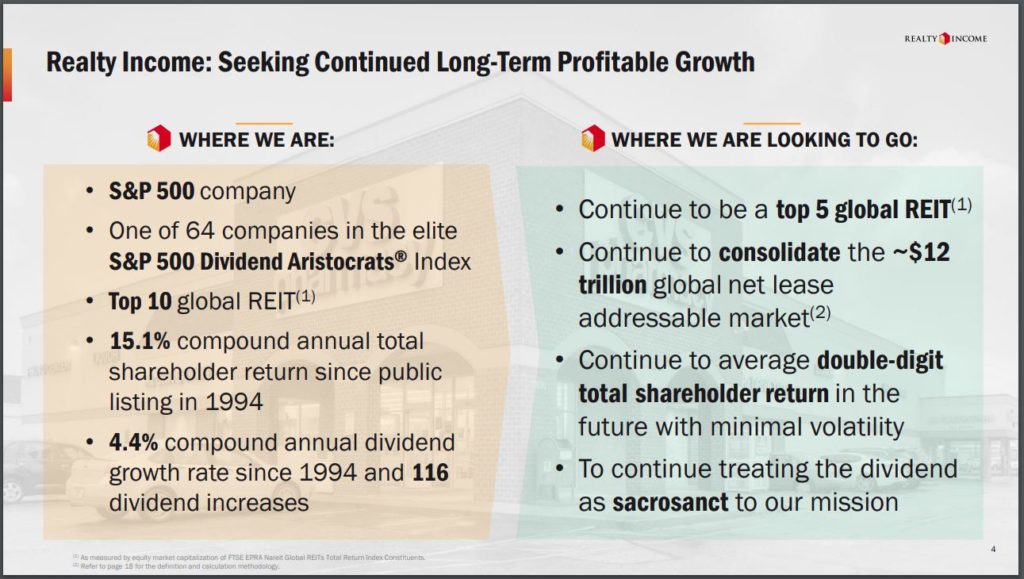Embark on a journey into the realm of Shareholder Rights You Should Be Aware Of, exploring the crucial aspects that every investor should understand. From protecting interests to influencing corporate governance, these rights hold significant importance in the world of investments.
Importance of Shareholder Rights
Understanding shareholder rights is crucial for investors as it provides them with a voice and a level of control within the companies they have invested in. Shareholder rights help ensure that investors are treated fairly and have a say in important decisions that can impact the value of their investments.
How Shareholder Rights Protect Investors' Interests
- Shareholder rights allow investors to vote on key company decisions, such as electing board members or approving mergers and acquisitions. This ensures that their interests are taken into consideration.
- Shareholder rights provide transparency and accountability within the company, as investors have access to important information and financial reports that can help them make informed decisions.
- Shareholder rights give investors the ability to hold management accountable for their actions, promoting good corporate governance practices and ethical behavior.
Examples of How Shareholder Rights Influence Corporate Governance
- Proxy voting: Shareholders can use their voting rights to influence the direction of the company by voting on important issues during shareholder meetings.
- Proxy access: Shareholders have the right to nominate candidates for the board of directors, which can help bring diversity and new perspectives to the board.
- Shareholder proposals: Investors can submit proposals on various matters, such as environmental policies or executive compensation, to be voted on by other shareholders. This can influence company policies and practices.
Types of Shareholder Rights

Shareholder rights are crucial aspects of owning stock in a company. These rights can vary depending on the type of shares owned, such as common or preferred shares. Let's explore the different types of shareholder rights and how they differ based on the type of shares.
Common Shareholder Rights
Common shareholders typically have the following rights:
- The right to vote on important company decisions, such as electing board members.
- The right to receive dividends when they are declared by the company.
- The right to attend and vote at shareholder meetings.
- The right to inspect corporate books and records.
Preferred Shareholder Rights
Preferred shareholders, on the other hand, have different rights compared to common shareholders:
- Prior claim to assets and dividends in the event of liquidation.
- Fixed dividends, which are typically higher than those received by common shareholders.
- Potential to convert preferred shares into common shares under certain conditions.
- Preferential treatment in the payment of dividends.
Shareholder Rights in Corporate Decision-Making
Shareholder rights play a crucial role in major corporate decisions as they empower investors to have a say in important company matters. By exercising their rights, shareholders can influence strategic decisions that impact the direction and future of the company.
Impact on Mergers and Acquisitions
When it comes to mergers and acquisitions, shareholder rights can significantly impact the outcome of these transactions. Shareholders usually have the right to vote on whether the company should proceed with a merger or acquisition. Their votes can determine the success or failure of such deals, making their involvement crucial in shaping the company's future.
Role in Strategic Decisions
Shareholder rights also come into play in other strategic decisions, such as changes in leadership, major investments, or restructuring initiatives. Shareholders can voice their opinions through voting on key proposals, electing board members, or proposing resolutions during annual meetings. This active participation ensures that the interests of shareholders are considered in important company decisions.
Exercising Shareholder Rights
Shareholders can exercise their rights by staying informed about company developments, attending annual meetings, voting on key issues, and engaging with management through letters, emails, or shareholder proposals. By actively participating in the decision-making process, shareholders can protect their investments and influence the company's direction.
Protecting Shareholder Rights
Shareholder rights are safeguarded through various mechanisms and regulatory bodies to ensure transparency and accountability within companies. These protections are crucial in maintaining a fair and equitable relationship between shareholders and the company.
Mechanisms to Protect Shareholder Rights
- Annual Meetings: Companies are required to hold annual meetings where shareholders can voice their concerns, vote on key decisions, and elect board members.
- Proxy Voting: Shareholders who are unable to attend meetings can appoint a proxy to vote on their behalf, ensuring their interests are represented.
Role of Regulatory Bodies
- Securities and Exchange Commission (SEC): The SEC oversees the securities industry and ensures that companies disclose relevant information to shareholders.
- Stock Exchanges: Stock exchanges like NYSE and NASDAQ have listing requirements that companies must adhere to in order to protect shareholder interests.
Enforcing Shareholder Rights
- Legal Action: Shareholders can take legal action against companies that violate their rights through lawsuits or class-action suits.
- Shareholder Activism: Shareholders can engage in activism by voicing their concerns, proposing resolutions, and collaborating with other shareholders to effect change.
End of Discussion

In conclusion, Shareholder Rights You Should Be Aware Of are vital tools that empower investors and shape corporate decisions. By understanding, exercising, and enforcing these rights, shareholders can actively participate in safeguarding their investments and influencing major business strategies.
Detailed FAQs
What are shareholder rights?
Shareholder rights are a set of privileges and powers granted to individuals who own shares in a company, allowing them to participate in key decisions and protect their investments.
How can shareholders exercise their rights?
Shareholders can exercise their rights through actions such as voting in shareholder meetings, proposing resolutions, and communicating with the company's management.
What mechanisms protect shareholder rights?
Mechanisms like annual meetings, proxy voting, and regulatory oversight serve to safeguard shareholder rights and ensure transparency and accountability in corporate practices.




